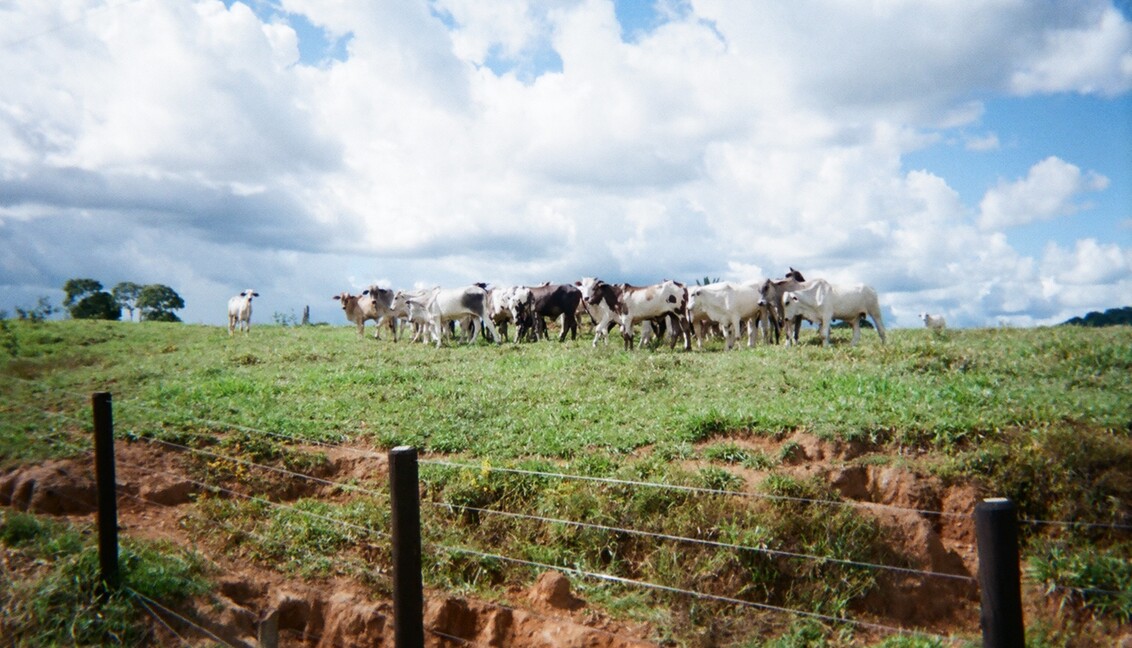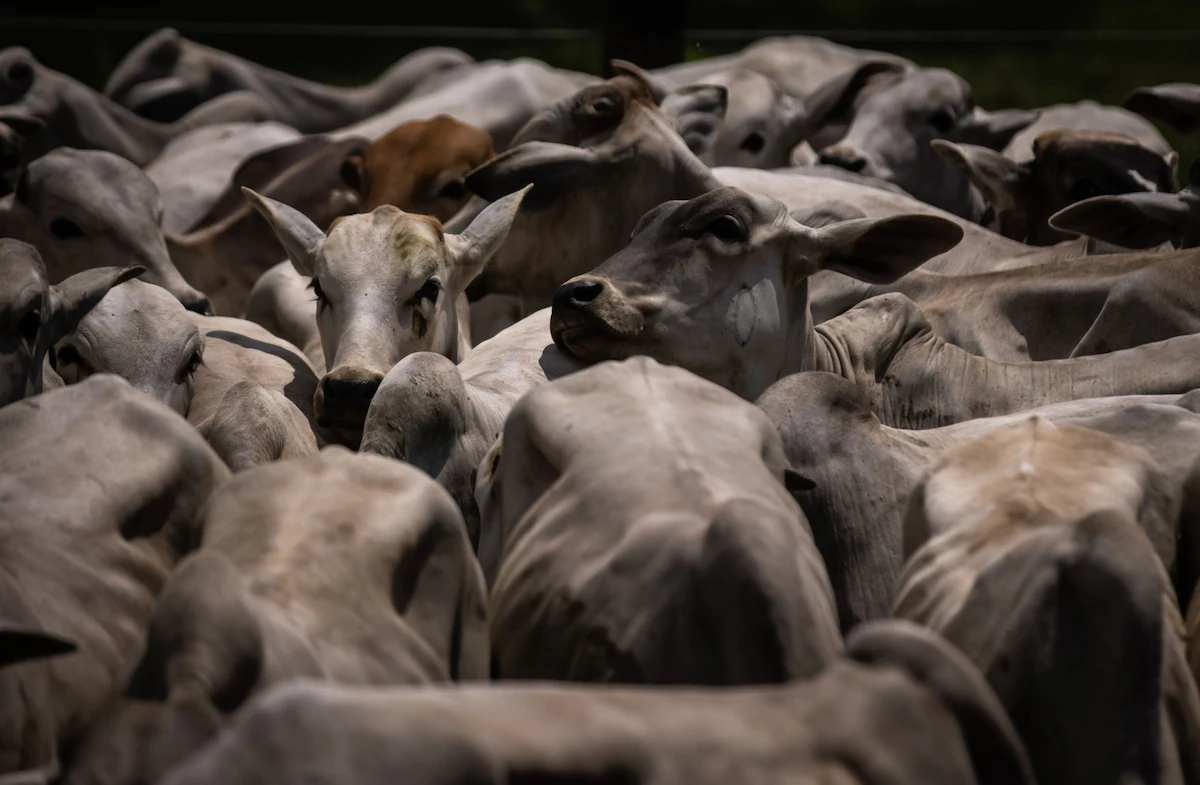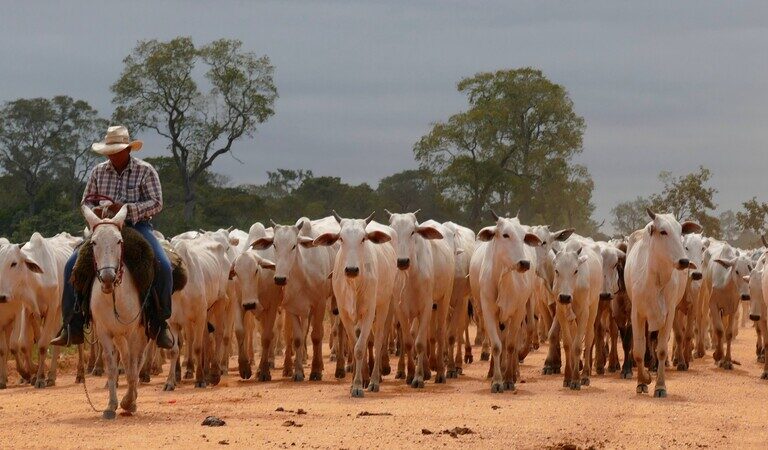The future of domestic beef production in Brazil faces a significant challenge, as outlined in a report from Orbitas, an initiative by Climate Advisers. By 2050, a projected 25% drop in production looms due to intensified efforts from both governments and the private sector to combat climate change and conserve forests.
This shift is imperative to prevent the exacerbation of climate-related risks, such as hotter, drier conditions that can impact cattle health and diminish soil productivity crucial for animal feed growth. Without swift adaptation, Brazil’s cattle ranching industry, one of the world’s largest, risks substantial financial losses amid evolving climate and deforestation policies aimed at safeguarding the Amazon.
Niamh McCarthy, Director of Orbitas, emphasizes the necessity for the Brazilian cattle sector to adapt rapidly to a changing landscape dictated by climate risks to sustain its significant contribution to the country’s GDP. Currently, Brazil boasts the second-largest cattle population globally, with approximately 232 million heads, constituting around 20% of global beef exports. However, this growth has often come at the expense of vital biomes like the Amazon Rainforest and Cerrado, which serve as crucial carbon sinks.

The primary drivers of deforestation in these biomes are cattle pasture and agriculture for cattle feed. While deforestation in the Amazon saw a decline last year, the Cerrado is experiencing an upward trend, posing further challenges. The Orbitas report underscores the industry’s missed opportunities in adopting sustainable practices, as continued deforestation exacerbates climate risks, affecting cattle health and soil fertility, ultimately impacting financial performance across supply chains.
In addition to climate change impacts, the industry must reckon with global responses, including regulatory changes, supply chain monitoring, and evolving consumer preferences. As global dietary trends lean towards alternative proteins with lower greenhouse gas emissions, demand for beef could decrease. Concurrently, stringent policies worldwide aim to ensure deforestation-free supply chains, posing additional pressures on the industry.
Land-use restrictions prohibit further expansion into forested areas, necessitating investment in innovative technologies and management practices to optimize existing ranching lands. These strategies may include improving pasture quality through specialized grass selection and enhancing soil health assessments.

The report urges meat producers to adopt practices that maintain pastureland, resist pests, and withstand extreme weather events while optimizing land use through integrated agricultural, livestock, and forestry systems to mitigate greenhouse gas emissions.
The report concludes by highlighting the potential for Brazil to capitalize on opportunities amidst climate transitions, ensuring the competitiveness of its cattle sector and supporting rural economies in the long term.
However, seizing these opportunities requires proactive measures, including embracing technological advancements, sustainable land management practices, and alignment with evolving global standards. By doing so, Brazil can navigate the challenges ahead while safeguarding its position in the global cattle market and supporting sustainable development.


